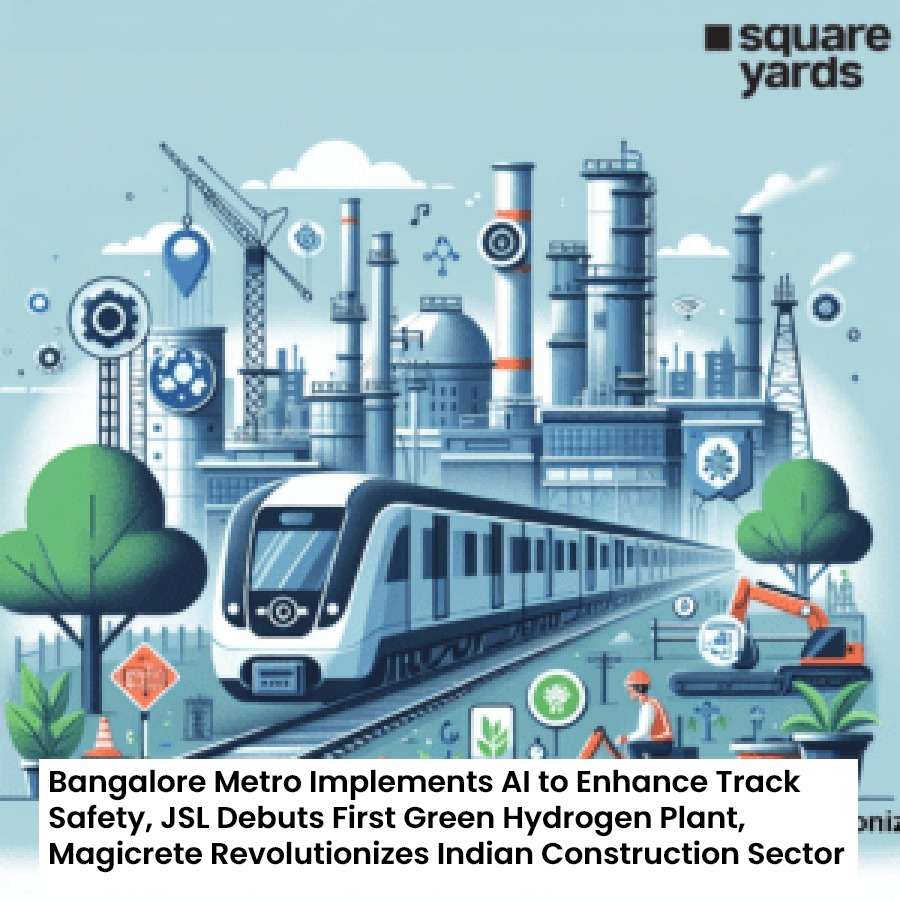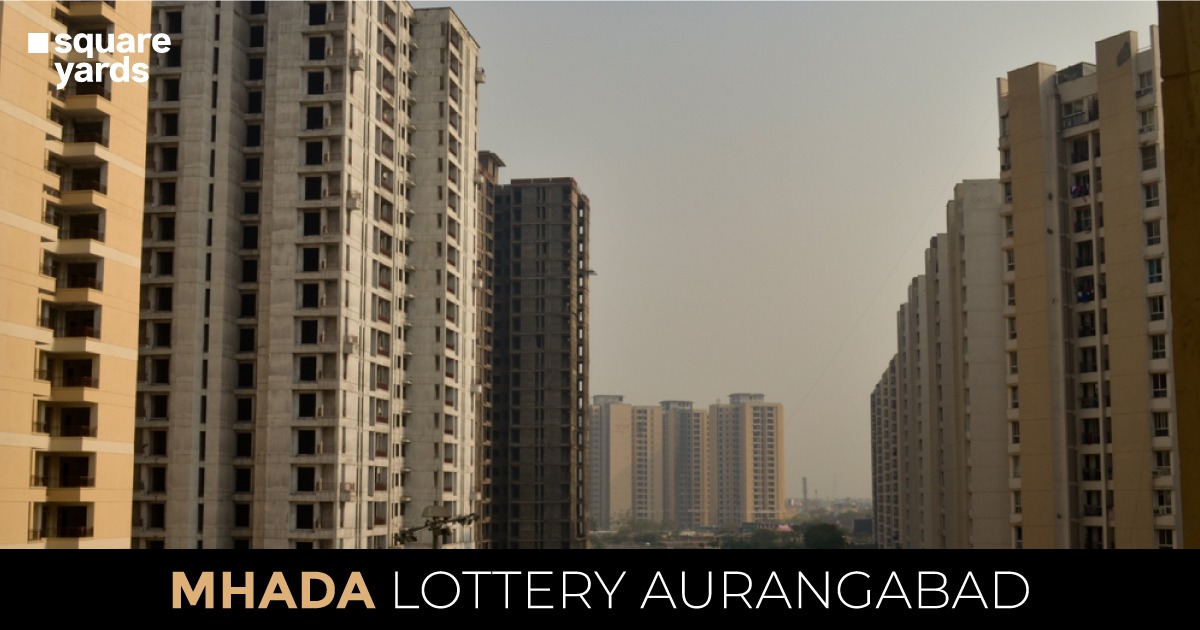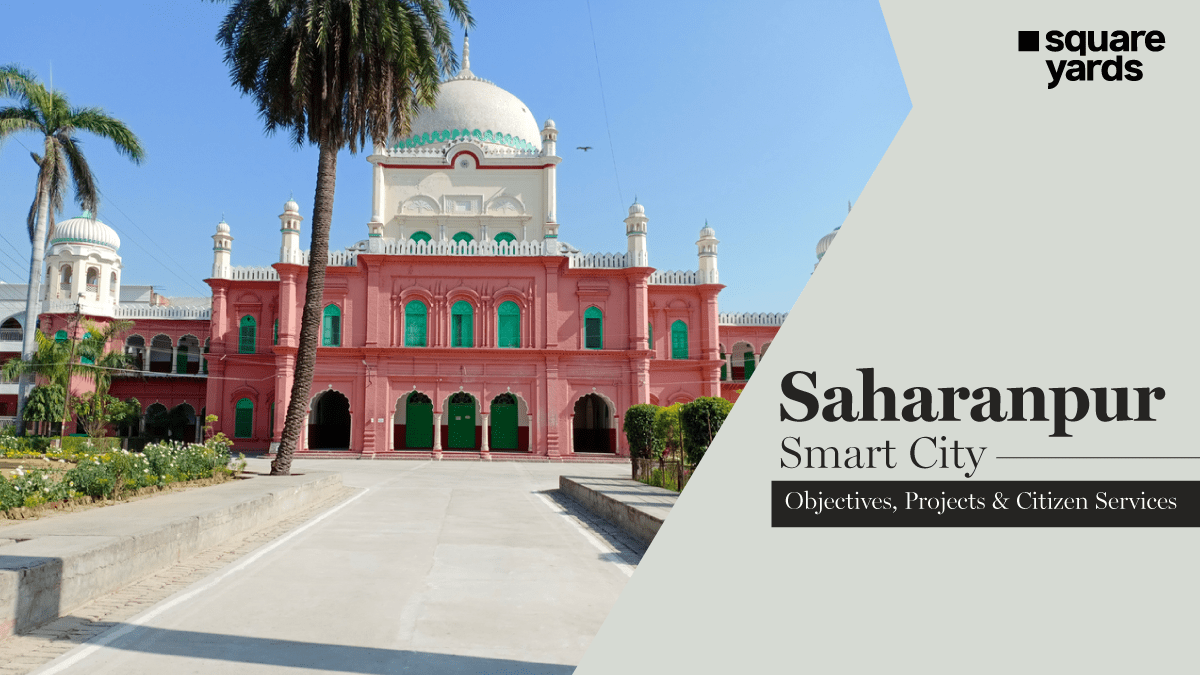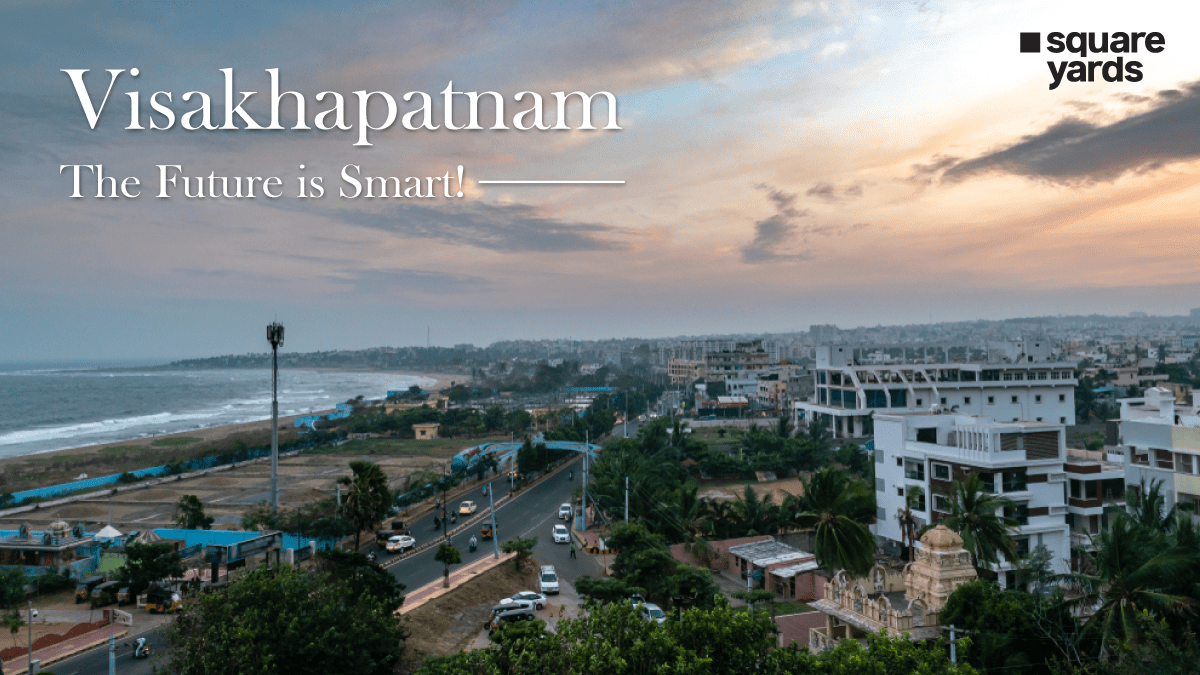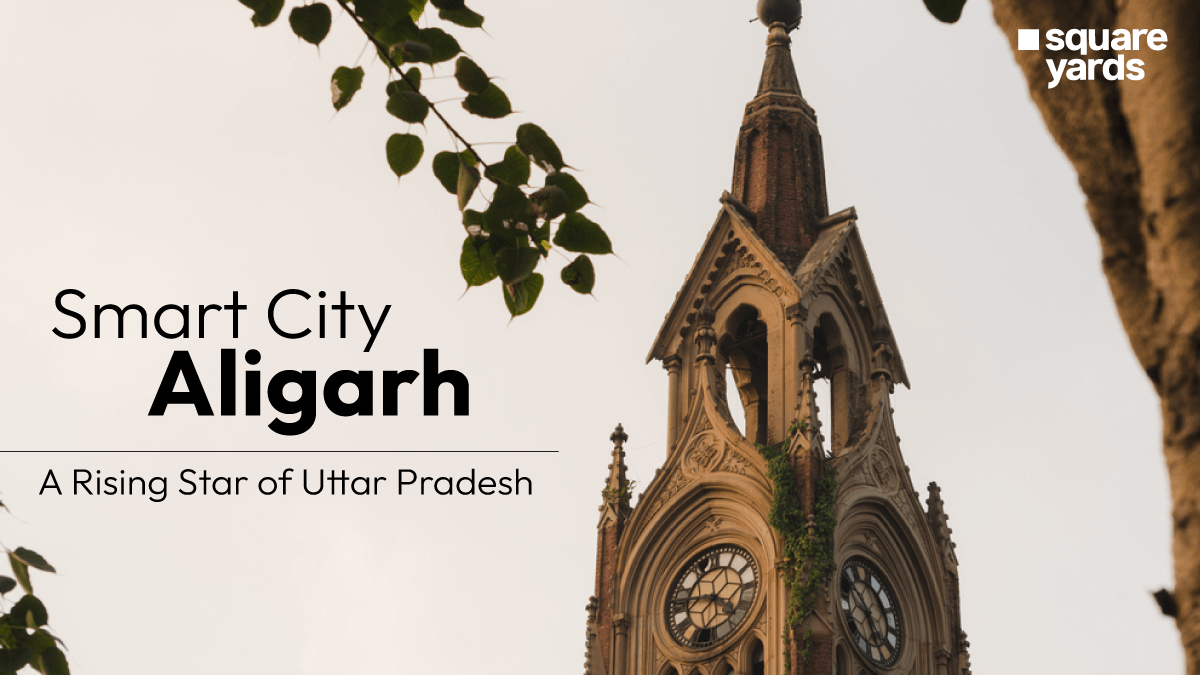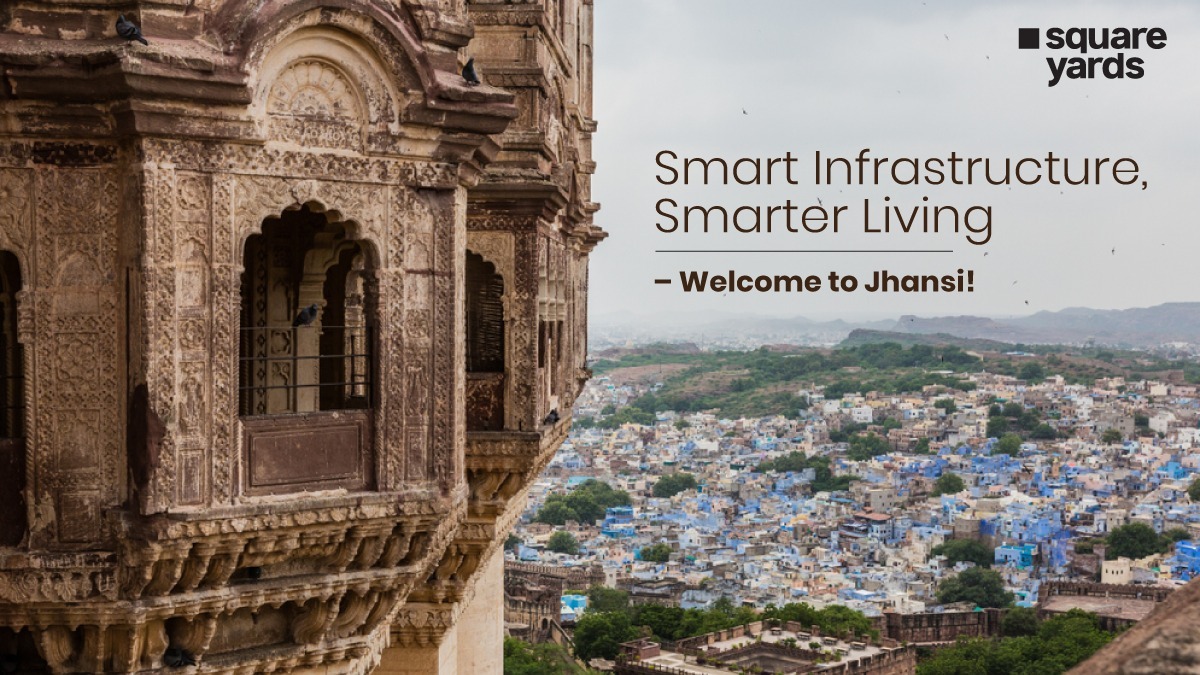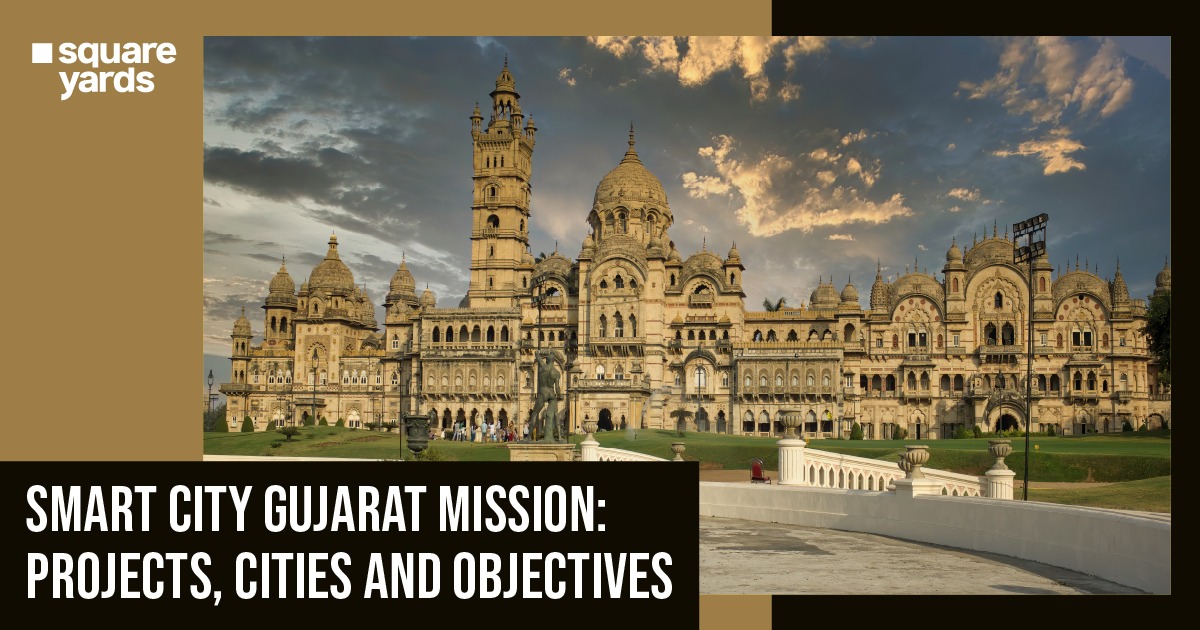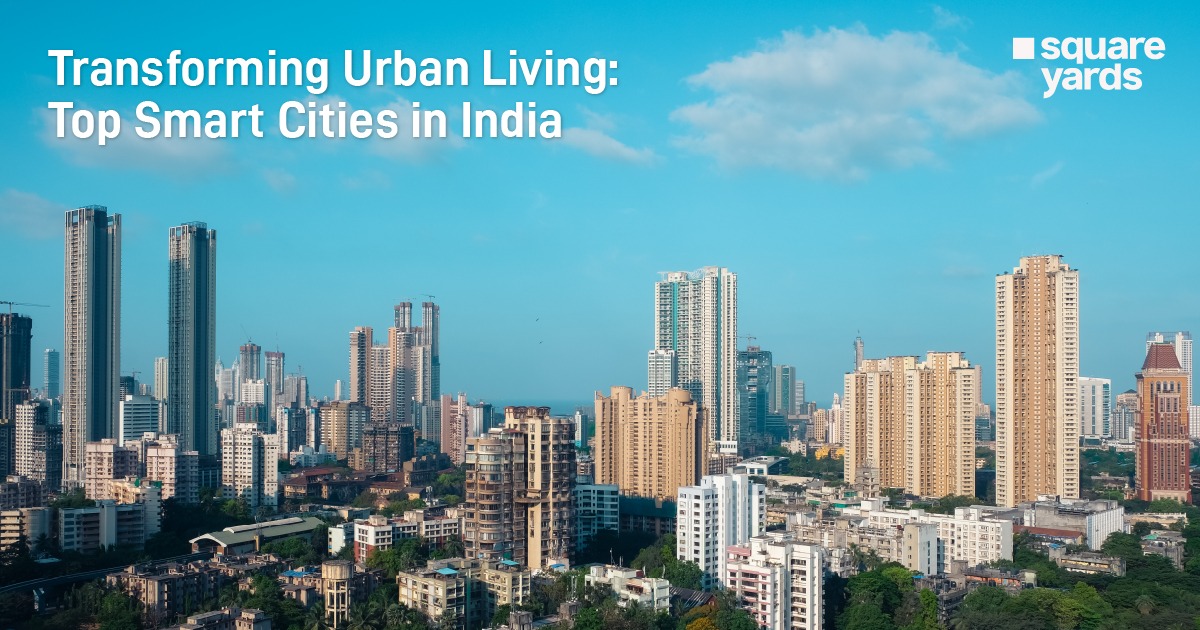Bangalore Metro Rail Corporation (BMRCL) has become the pioneer in India to utilize artificial intelligence (AI) for monitoring tracks. Under the guidance of Maheshwar Rao, the Managing Director of BMRCL, the organization has implemented AI technology on its trains to assess the condition of the tracks. When any abnormalities are detected, the AI system triggers alerts through software to the operation control centres (OCC) via the train control and management system (TCMS), ensuring improved safety measures. This ground breaking technology will initially be deployed on the Yellow Line but BMRCL has plans to extend this feature to other upcoming lines with driverless trains. The fully operational AI system is expected to be in place by September 2024. To facilitate a comprehensive examination of obstacles and potential issues along the route, the pilot train equipped with the AI system travels at a reduced speed, accommodating personnel from various teams such as rolling stock, traction, signalling, and track maintenance.
Green Visionary: Jindal Stainless Steel Commences India’s First Green Hydrogen Plant: Abhyuday Jindal, the Managing Director of Jindal Stainless Steel (JSL), stands at the helm of the company’s initiative to inaugurate India’s maiden Green Hydrogen stainless steel plant. Located in Hisar, Haryana, this plant will play a crucial role in promoting sustainable steel production. JSL has entered into a 25-year contract with Hygenco Green Energies to establish and operate the facility under a build-own-operate (BOO) model. The plant is equipped with an advanced energy management and control system, and its operations will be handled by Hygenco. Unique in its architecture, the Green Hydrogen plant incorporates rooftop and floating solar equipment. This endeavour aims to reduce carbon emissions by an impressive 54,000 tonnes over the next two decades. The plant’s alkaline bipolar electrolyser has a capacity of 350 Nm3/hr, guaranteeing a round-the-clock supply of Green Hydrogen through dedicated solar energy and storage, with an impressive average of 90 Nm3/hr constantly.
Mass Magic Unleashed: Magicrete Completes India’s First Mass Housing Project Using Precast Construction System: Sourabh Bansal, the co-founder and Managing Director of Magicrete’s endeavours have led to the successful completion of India’s first mass housing project in Ranchi, utilizing the ground-breaking 3-D modular precast construction system. The project, consisting of 1008 dwelling units, was executed flawlessly within a timeline of just 18 months while maintaining cost parity with traditional construction methods. This display of efficient construction practices not only makes housing more accessible but also showcases the immense potential of precast concrete technology to revolutionize the construction industry in India. The project’s commitment to sustainability is noticeable, with the use of Portland Slag Cement incorporating a high percentage of Ground Granulated Blast Furnace Slag (GGBFS). Such practices contributed significantly to reducing the carbon footprint by approximately 60 percent. Additionally, the project employed M-sand as a substitute for traditional river sand during concrete production, further contributing to sustainability efforts. These notable developments within diverse sectors underscore the progress happening in various areas across India. From revolutionizing track monitoring in the transportation industry to promoting sustainable steel production and transforming the construction world, these innovations indicate a shift towards a more advanced and environmentally conscious India. The focus on AI integration, green technology, and efficient construction methods is a significant step towards ensuring a better future for the country in terms of safety, sustainability, and accessibility. With these advancements, India’s reputation as a leader in technological and infrastructural advancements is further solidified.


